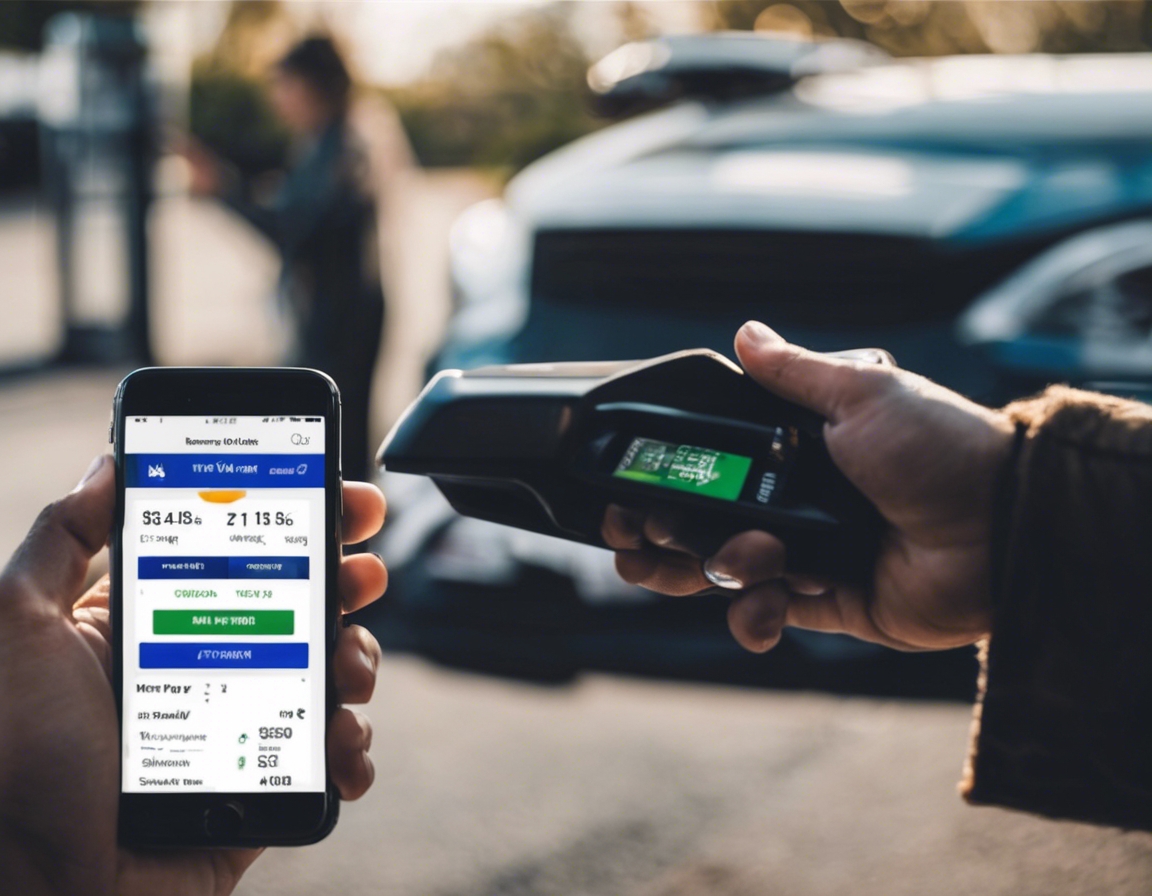How to choose the right fuel for your vehicle
Regular unleaded petrol is the most common fuel for petrol engines, with octane ratings typically at 95 or 98. The higher the octane rating, the better the fuel can resist knocking during combustion, which can improve engine performance and efficiency.
Diesel fuel is designed for use in diesel engines, which are often more fuel-efficient and have a higher torque output than their petrol counterparts. Diesel engines are a popular choice for heavy-duty vehicles and long-distance travel due to their durability and efficiency.
Alternative fuels such as E85 (a blend of gasoline and ethanol), biodiesel, compressed natural gas (CNG), liquefied petroleum gas (LPG), and electricity offer varying benefits, including reduced environmental impact and potential cost savings. Each fuel type requires specific engine compatibility and availability may vary by location.
Factors to Consider When Selecting Fuel
Always consult your vehicle's owner's manual for the manufacturer's recommended fuel type. Using the wrong fuel can lead to engine damage and void warranties.
Ensure that the fuel you choose is compatible with your vehicle's engine type. Some engines are designed to run exclusively on specific fuels, and using an incompatible fuel can cause significant damage.
Consider the fuel efficiency and performance characteristics of different fuels. Higher octane fuels can potentially offer better performance, while diesel engines may provide better mileage for long-distance travel.
Assess the environmental impact of the fuel you choose. Alternative fuels can offer lower emissions, but it's important to consider the full lifecycle emissions of the fuel, including production and distribution.
Factor in the cost and availability of fuel, especially if you travel frequently or operate a business fleet. Fuel prices can fluctuate, and some alternative fuels may not be readily available in all areas.
Special Considerations for Business Fleets
Business fleets should consider the volume and frequency of refueling. Larger volumes may warrant negotiating fuel supply contracts or using fuel cards for better management and discounts.
Implementing fleet management systems and fuel cards can help track fuel usage, improve efficiency, and reduce costs.
Consider the long-term costs and benefits of different fuels for your fleet, including maintenance, fuel efficiency, and potential tax incentives for using alternative fuels.
Advancements in Fuel Technology
Hybrid and electric vehicles represent significant advancements in fuel technology, offering reduced emissions and fuel consumption. They are an increasingly popular choice for both private and fleet vehicles.
Research into sustainable fuel alternatives is ongoing, with developments in hydrogen fuel cells and other technologies promising a greener future for transportation.





Comments (0)